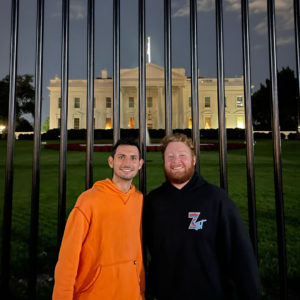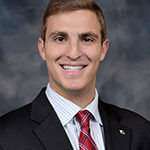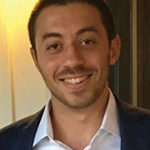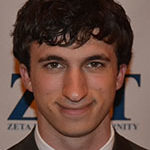Undergraduate Supreme Councilor

Have you enjoyed your ZBT experience and have an interest in representing the voice of thousands of other ZBT undergraduates across the world? For decades, ZBT has reserved four voting director roles on the Supreme Council, the Fraternity’s governing body, for undergraduate leaders.
Applications for the 2025-2027 term will open in spring 2025.
If you are interested in this opportunity, download the job description, which outlines the benefits of and requirements for service on the Supreme Council. To qualify, you must be a brother in good standing and have a graduation date no earlier two years after the next convention. For the upcoming term, that means applicants may not graduate until after July 2027.
After completing an application, brothers go through an interview process.
For questions, contact ZBT International Headquarters.



